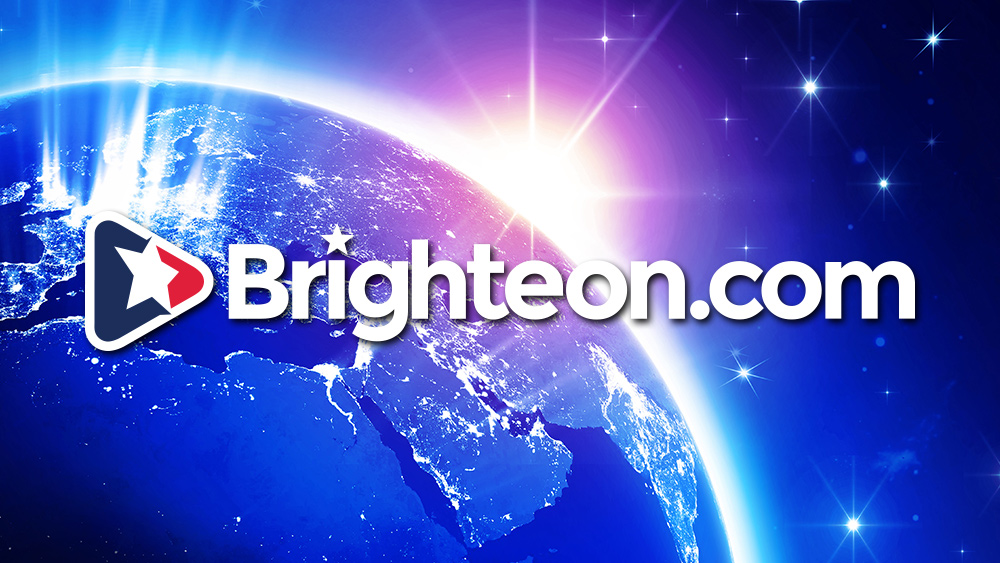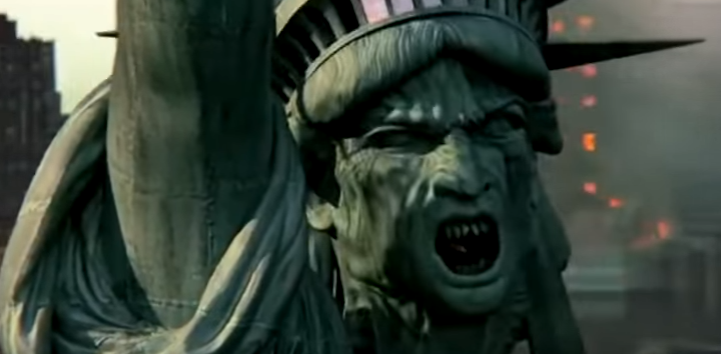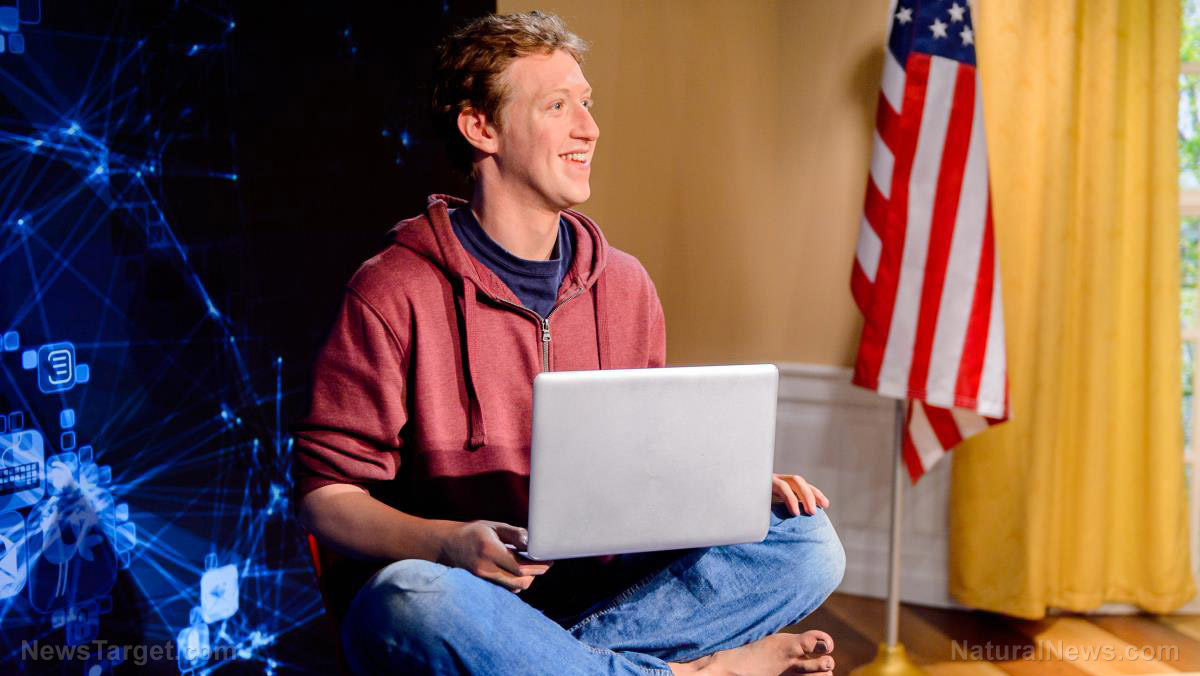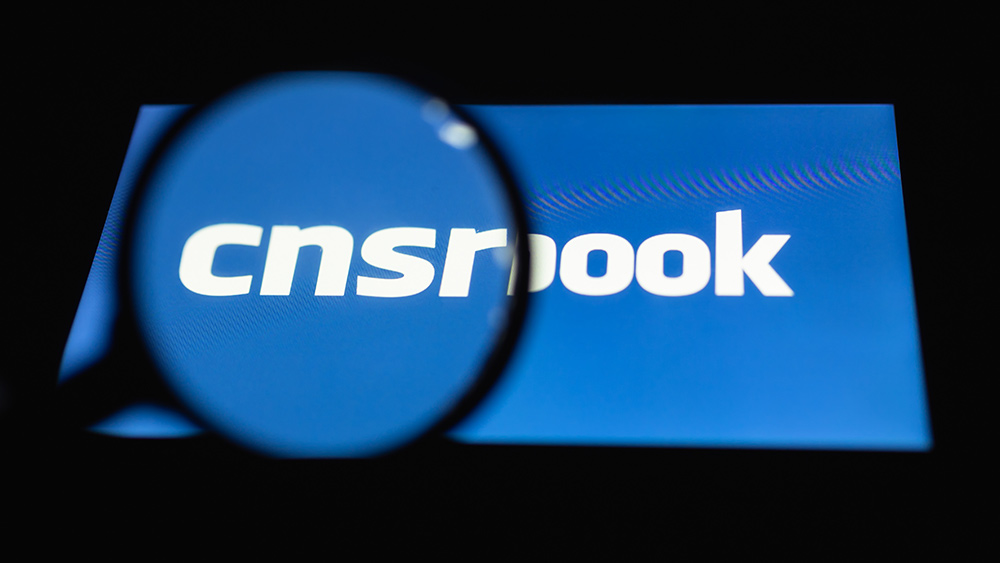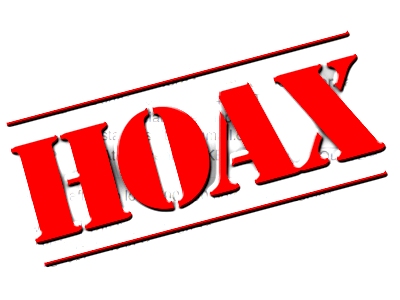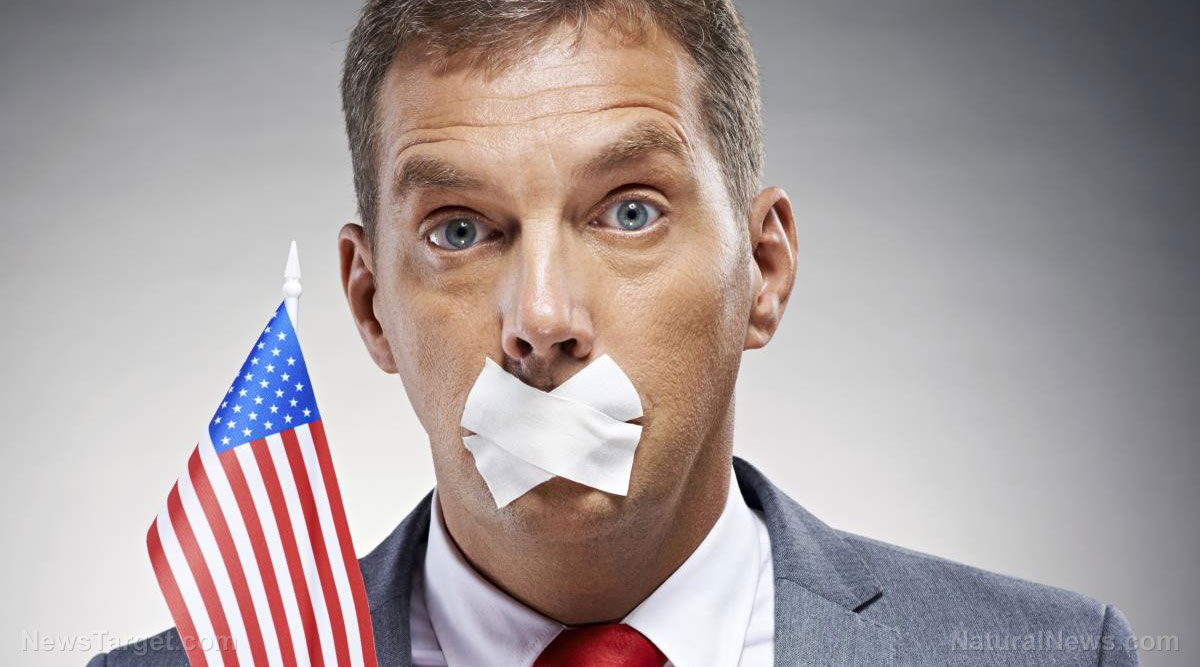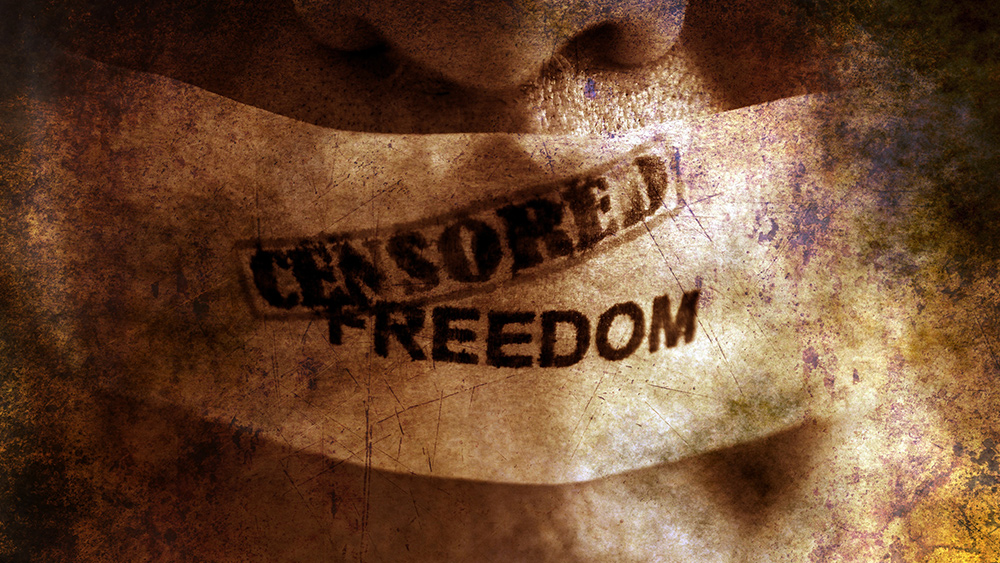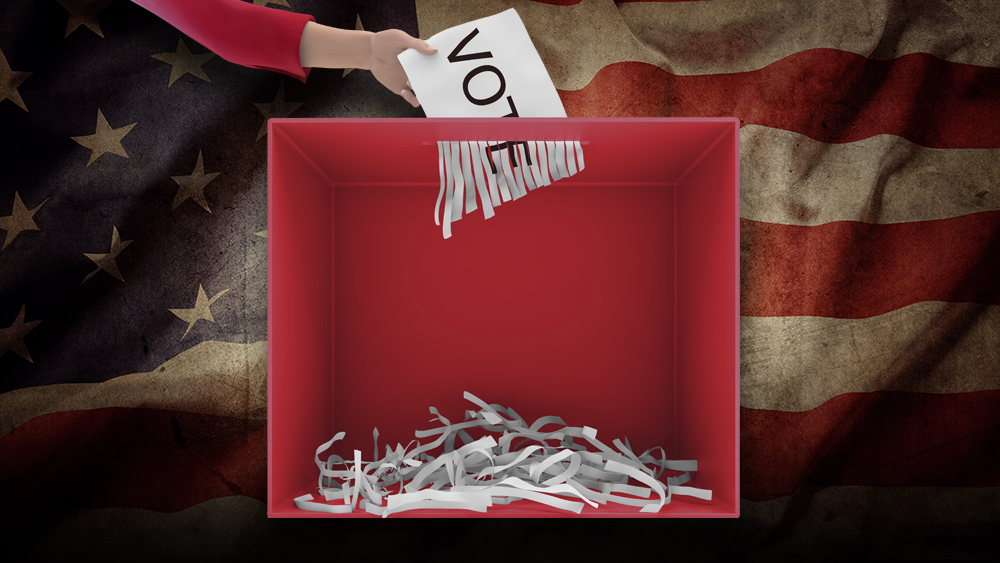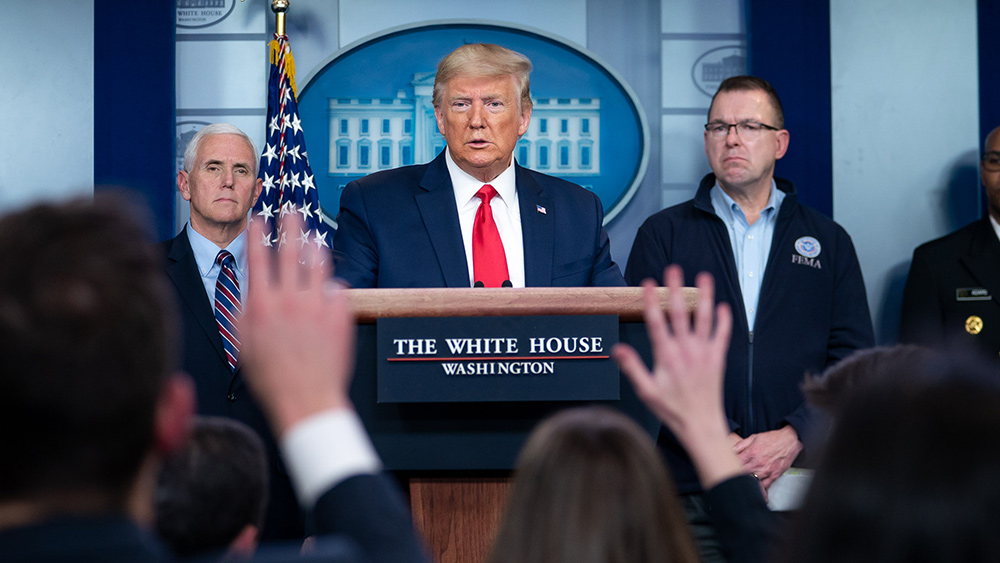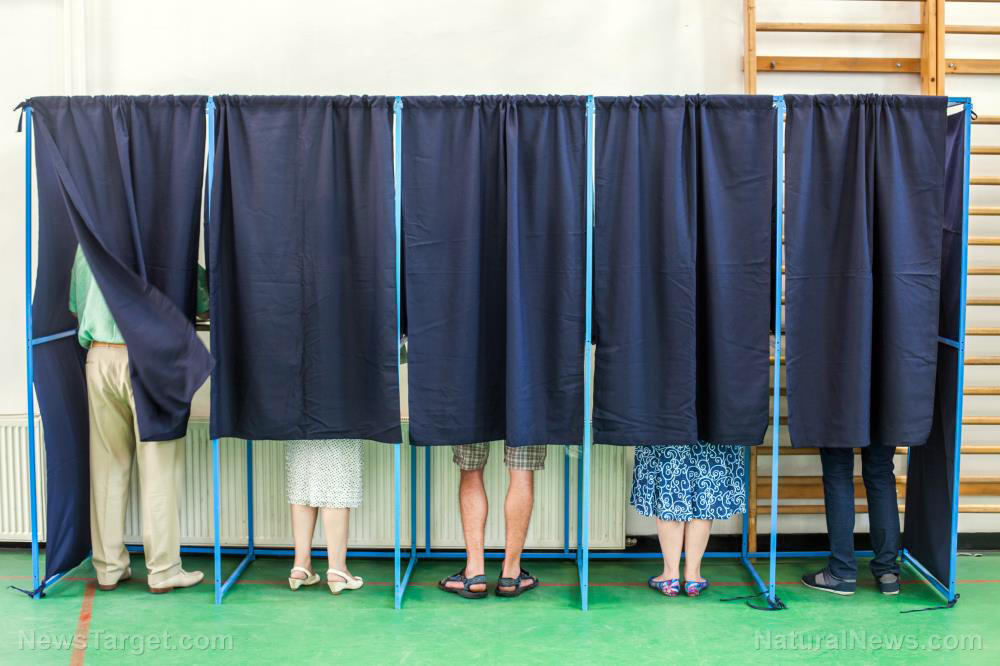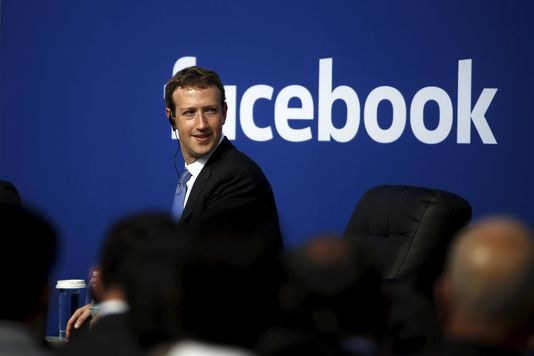AG Barr: Social media clearly “engaged in censorship”
06/22/2020 / By Franz Walker
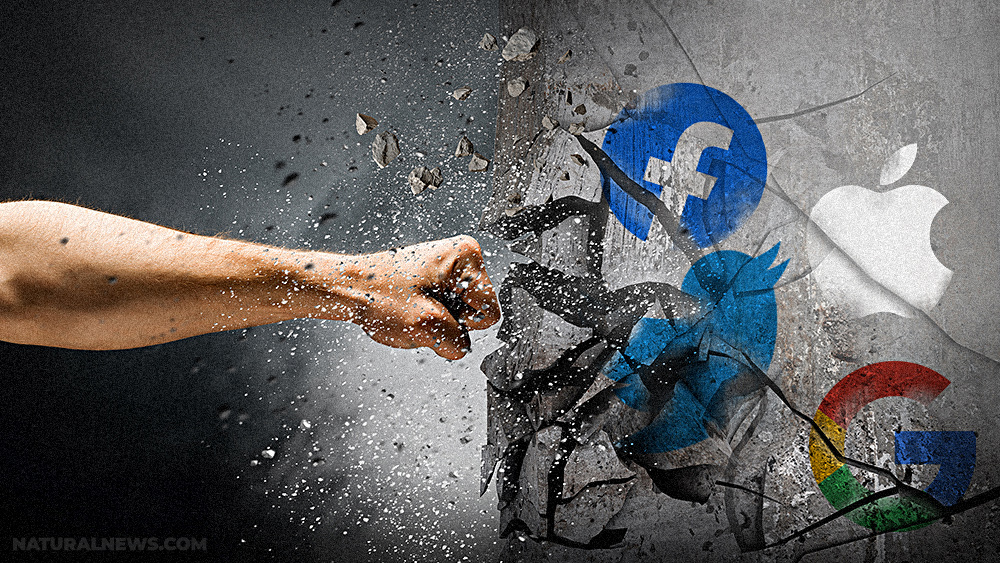
Attorney General William Barr – who has backed calls by President Donald Trump and other conservatives to rein in social media companies – has accused these companies of censoring certain viewpoints and pushing their own content, diminishing the impact of people’s views.
“Clearly these entities are now engaged in censorship,” Barr said to Fox News’s Bret Baier during an interview on June 9. “And they originally held themselves out as open forums where people, where the third parties could come and express their views and they built up a tremendous network of eyeballs.”
Twitter has drawn scrutiny for “fact-checking”
Social media giant Twitter came under scrutiny last month after it placed a “fact-check” warning on a tweet by Trump regarding the fraud potential of mail-in voting. Twitter used these to refute Trump’s claims, stating that there is “no evidence” that expanded, nationwide mail-in voting would increase the risks of election fraud.
This was followed by a more recent incident where Twitter censored another tweet where Trump stated that “when the looting starts, the shooting starts,” in regards to the George Floyd protests. In the process, the social media company accused Trump of “glorifying violence.”
In response to Twitter’s attempts at censoring him, Trump signed an executive order that interprets Section 230 of the Communications Decency Act as not providing statutory liability protections for tech companies like Twitter that engage in censorship. It cuts federal funding for social media platforms that censor users’ political views.
According to national security attorney Stewart Baker, the order essentially directs the Federal Communications Commission to propose an administrative rule that would “spell out what it means for the tech giants to carry out their takedown policies ‘in good faith.’”
In addition to the executive order, Barr said that the administration was looking at changing Section 230 itself. However, he acknowledged that such a change would require an act of Congress.
“We are looking, as many others are, at changing Section 230, which is a rule that provides some protection for these companies…” Barr said.
Significant modifications to the rule, such as language that would require the platforms to be politically neutral as an explicit prerequisite for immunity, will likely not pass in the current Congress. As such, it remains high on the wish list of many conservatives for next year, if Trump gets reelected and the Republicans retake the House of Representatives while maintaining control of the Senate.
Facebook tries to act like it respects free speech – huh?
While it hasn’t attracted the same attention that Twitter has, Facebook has also drawn flak as it tries to portray itself as an arbiter of “misinformation” and “harmful” speech related to the Wuhan coronavirus outbreak, while also claiming to champion free speech.
On one hand, the Menlo Park-based company has refused to take down posts by Trump despite calls for it to do so. On the other, Facebook has also actively censored other posts and even blocked sites outright.
Critics say that the company has crossed the line from merely quashing fake news to actually censoring legitimate attempts to organize lockdown protests and blocking factual information that runs in conflict with the World Health Organization’s interests.
In addition, Facebook has also been recruiting “censorship experts” into its “Oversight Board” while also help launch American Edge. The latter is a non-profit lobby group that has supposedly been tasked with influencing Capitol Hill policymakers the company sees as political opponents.
Facebook is currently the only social media company that has been linked to American Edge so far. It is unclear if other social media companies and other tech giants are also involved in the lobby group.
Sources include:
Tagged Under: banned, Big Tech, Censored, Censorship, Facebook, Fact-checking, FCC, First Amendment, FoxNews, free speech, freedom of speech, government, politics, rigged, Social media, speech police, tech giants, thought police, Twitter
RECENT NEWS & ARTICLES
COPYRIGHT © 2017 YOUTUBECENSORSHIP.COM
All content posted on this site is protected under Free Speech. YouTubeCensorship.com is not responsible for content written by contributing authors. The information on this site is provided for educational and entertainment purposes only. It is not intended as a substitute for professional advice of any kind. YouTubeCensorship.com assumes no responsibility for the use or misuse of this material. All trademarks, registered trademarks and service marks mentioned on this site are the property of their respective owners.

